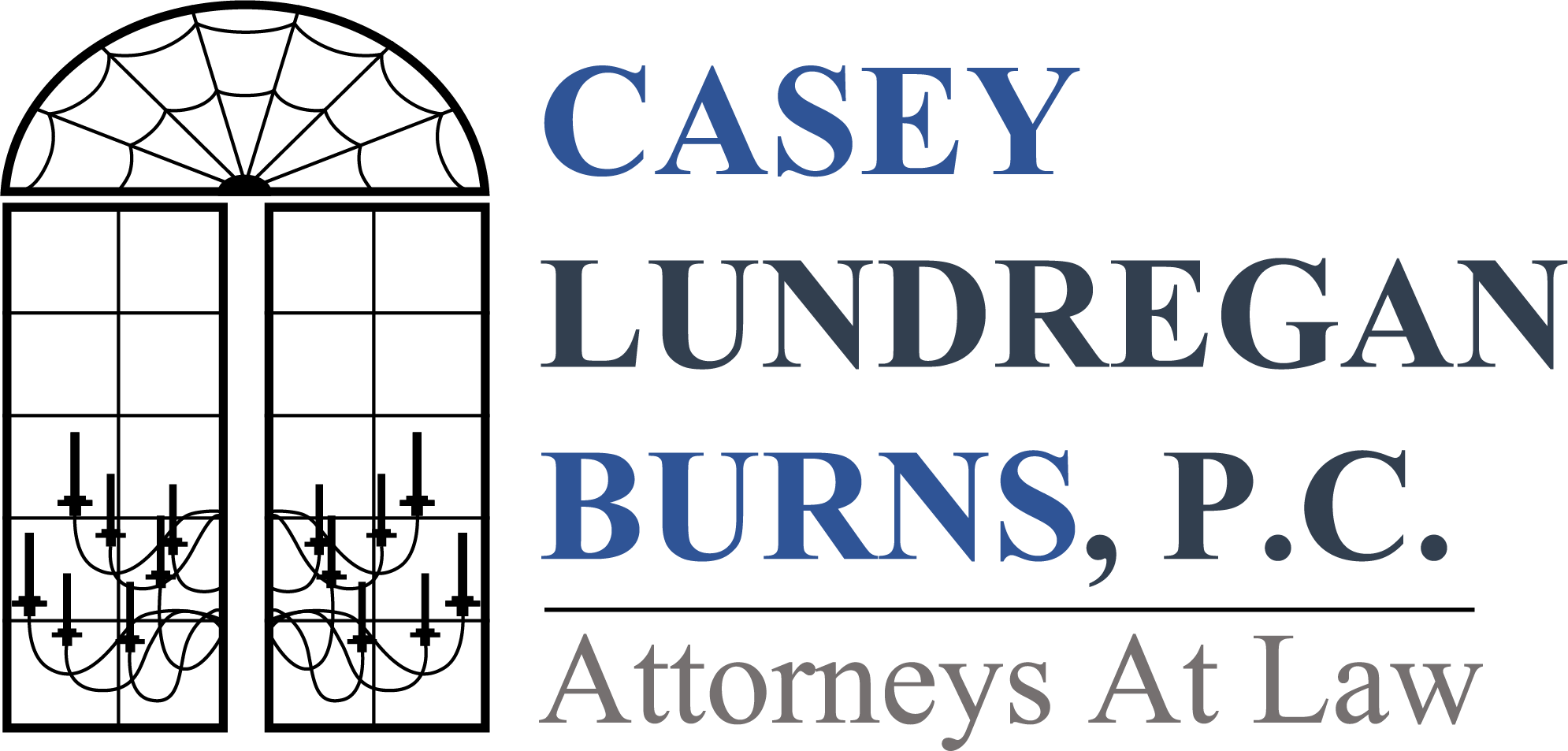Losing someone close can leave us juggling grief and paperwork at the same time. When a will is in place, most families assume its instructions will be followed to the letter. Yet, every so often, an executor drifts off course, leaving beneficiaries uncertain and upset.
At Casey Lundregan Burns, P.C., we have spent over 90 years guiding Massachusetts families through these rough moments, and this article explains what options exist when an executor simply sidesteps the will.
What Constitutes Ignoring the Will?
An executor’s first duty is to carry out the decedent’s written wishes. If that does not happen, the courts may view the conduct as a breach of fiduciary duty. Below are common red flags.
- Failure to Probate the Will: The executor never files the will within a reasonable period, even though G.L. c. 193, § 4 requires prompt filing.
- Mismanagement of Assets: Cash accounts sit idle, property insurance lapses, or valuables vanish without explanation.
- Unjustified Delays: Assets are not distributed for months or years without a sensible reason.
- Withholding Information: Beneficiaries request updates but receive silence or vague answers.
- Self-Dealing: The executor moves estate funds into personal accounts or buys estate property at a bargain price.
- Disregarding Will Instructions: Items listed for a child go elsewhere, or a charitable bequest is ignored entirely.
Any one of these actions can trigger court involvement, but a pattern of misconduct makes intervention nearly certain.
Beneficiary Rights When an Executor Ignores the Will
Massachusetts law does not leave beneficiaries powerless. You enjoy clear rights designed to keep the process transparent and timely.
- Right to Information: You can ask for reasonable updates on debts paid, property sold, and timelines for distribution.
- Right to an Accounting: You may demand a written, itemized record of every dollar that has entered or left the estate.
- Right to Timely Distribution: Once claims and taxes are settled, you should receive your share without unnecessary wait.
- Right to Petition the Court: If polite requests fail, you may file a petition asking the probate court to step in, compel action, or even remove the executor.
Legal Options for Beneficiaries in Massachusetts
When conversation and courtesy do not solve the problem, state law provides several remedies. Each tool serves a different purpose, as shown below.
| Remedy | Goal |
| Petition for Accounting | Obtain a full financial breakdown |
| Demand for Information | Force disclosure of specific records |
| Surcharge the Executor | Recover losses caused by mismanagement |
| Removal of Executor | Replace a negligent or dishonest executor |
| Civil Lawsuit | Seek damages for breach of fiduciary duty |
Choosing the right path depends on the size of the estate, the urgency of the problem, and how much evidence you already possess. Engaging representation of an attorney can help you navigate this process.
The Process of Removing an Executor
Removal is the most drastic step, yet sometimes it is the only way to protect the estate. Here is how the process usually unfolds.
- Filing a Petition: Any beneficiary, creditor, or co-executor may file a formal petition citing specific grounds such as mismanagement or conflict of interest.
- Providing Notice: The petitioner must serve notice on the executor and other interested parties so they have a chance to respond.
- Presenting Evidence: Bank statements, emails, or testimony are offered to show misconduct or neglect.
- Court Decision: After reviewing documents and hearing arguments, the judge rules on whether cause exists to remove the executor.
- Appointment of Successor: If removal is granted, the court appoints the next eligible person, often the alternate named in the will or the residuary beneficiary.
Because these hearings can be technical, gathering clear records from the outset greatly improves the chance of success.
Preventing Executor Misconduct: Proactive Measures
While no document can predict every future conflict, careful planning can reduce risk.
- Careful Will Drafting: Precise language leaves less room for debate. We often add plain-English explanations so family members understand intent.
- Selecting a Trustworthy Executor: Choose someone organized, financially literate, and willing to serve. Age alone is not a qualification; temperament matters.
- Including Bond Requirements: A surety bond protects beneficiaries if funds go missing because the bonding company reimburses losses up front.
- Considering Supervised Administration: In contested families or large estates, you may request the court to oversee every major step, limiting unilateral action.
These strategies shift much of the burden off beneficiaries and place clear guardrails around the executor’s role.
Do You Suspect An Executor’s Neglect? Contact Us
If an executor’s silence is holding up your inheritance or jeopardizing family assets, professional guidance can make all the difference. Casey Lundregan Burns, P.C., understands Massachusetts probate from top to bottom, and we stand ready to demand accountings, compel distributions, or seek removal when needed. Call us at 978-878-3519 or visit our Contact Us page to start a conversation. Quick action protects both your rights and the legacy your loved one intended.
The information in this article is not intended as legal advice or as a substitute for the particularized advice of counsel. For more information, please consult an attorney.
